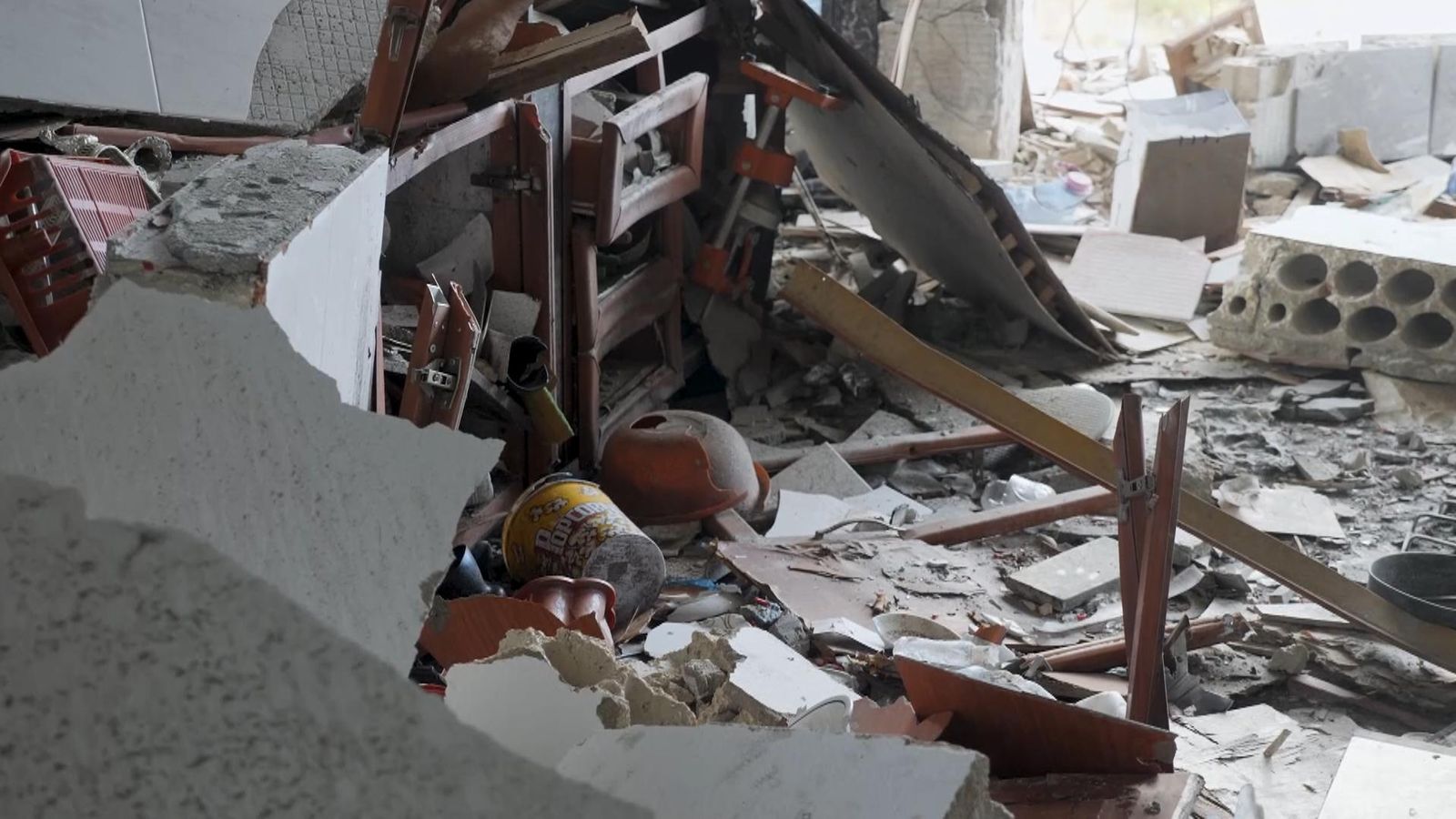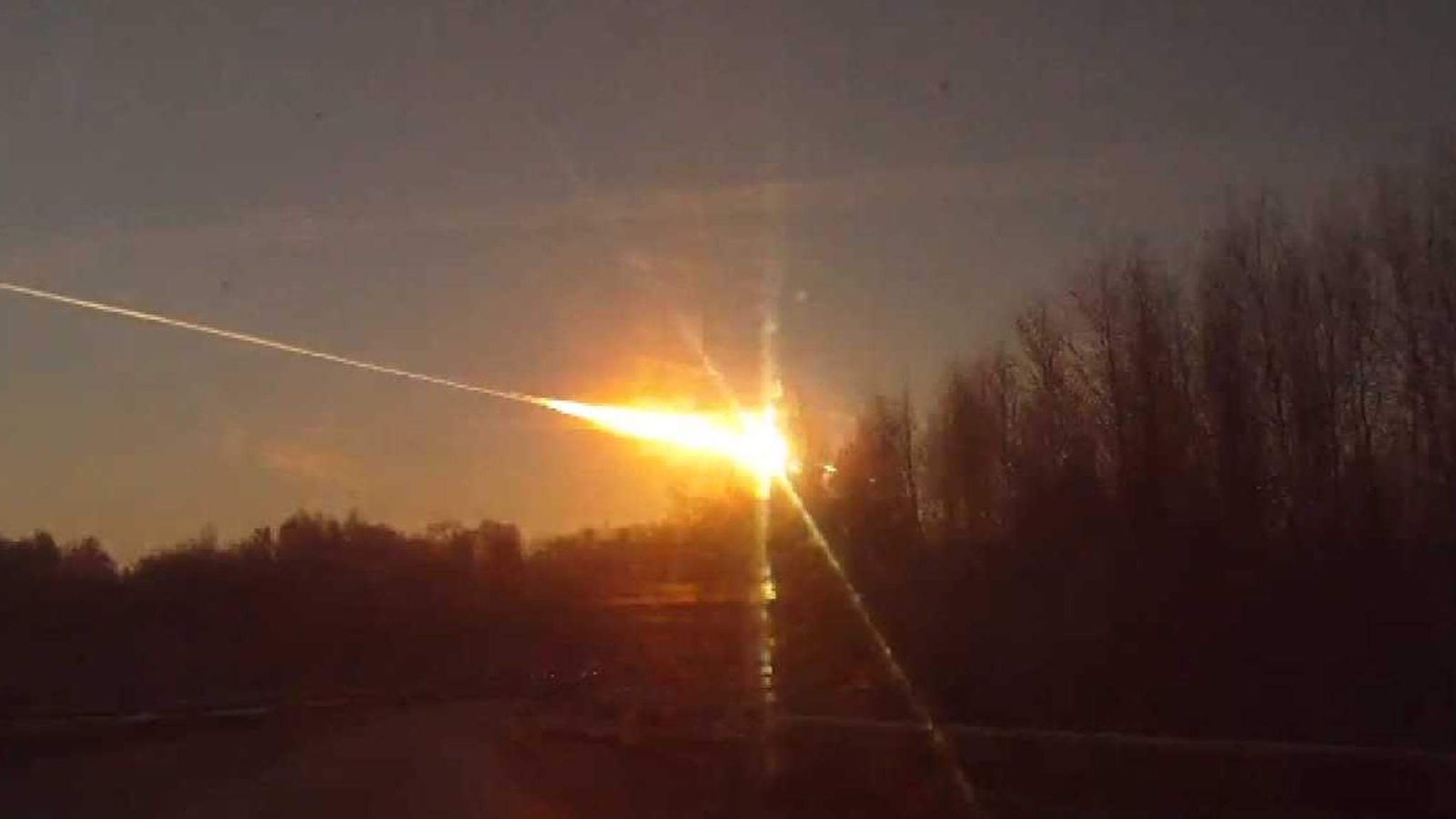‘Physical threat’ from Iran on people living in UK has ‘increased significantly’, watchdog says


The threat of physical attacks by Iran on people living in the UK has increased “significantly” since 2022, according to a new report by parliament’s intelligence watchdog.
Iran poses a “wide-ranging, persistent and unpredictable threat” to the UK, according to the Intelligence and Security Committee.
It also said Iran’s intelligence services were “willing and able – often through third party agents – to attempt assassination within the UK, and kidnap from the UK”.
The report said there have been 15 murder or kidnap attempts against British citizens or UK-based individuals since the beginning of 2022 and August 2023.
Sky News has approached the Iranian embassy for a comment.
Please use Chrome browser for a more accessible video player

2:30
Millions of Iranians unite in mourning
The report authors add: “Whilst Iran’s activity appears to be less strategic and on a smaller scale than Russia and China, Iran poses a wide-ranging threat to UK national security, which should not be underestimated: it is persistent and crucially – unpredictable.”
The committee also says that while the threat is often focused on dissidents and other opponents to the regime, there is also an increased threat to Jewish and Israeli interests in the UK.
The report warns that while Iran has not developed a nuclear weapon, it has taken steps towards that goal.
It found that Iran had been “broadly compliant” with the 2015 Joint Comprehensive Plan of Action (JCPOA), aimed at limiting its nuclear ambitions.
But since Donald Trump withdrew from that deal in 2018, the report said the nuclear threat had increased and Tehran “had the capability to arm in a relatively short period”.
The UK government is also accused of “fire-fighting” rather than developing a real understanding of Iran.


The report says: “The government’s policy on Iran has suffered from a focus on crisis management, driven by concerns over Iran’s nuclear programme, to the exclusion of other issues.
“As one of our expert witnesses told the committee: ‘Strategy is not a word that I think has crossed the lips of policy makers for a while, certainly not in relation to Iran’.”
The committee concluded its evidence-taking in August 2023, the result of two years of work, but the report authors say their conclusions “remain relevant”.
But the report authors questioned whether UK sanctions against individuals would “in practice deliver behavioural change. Or in fact unhelpfully push Iran towards China”.
The committee also said the British government should consider proscribing the Iranian Revolutionary Guards Corps (IRGC), although some argue it would limit the UK’s ability to talk to and influence Iran.
Read more from Sky News:
Who is Iran’s supreme leader?
Defiant Khamenei makes appearance
Anger in Iran over US and Israeli strikes

Listen to The World with Richard Engel and Yalda Hakim every Wednesday
Responding to the report, a UK government spokesperson said: “The government will take action wherever necessary to protect national security, which is a foundation of our plan for change.
“We have already placed Iran on the enhanced tier of the foreign influence registration scheme and introduced further sanctions against individuals and entities linked to Iran, bringing the total number of sanctions to 450.”
British security services say Tehran uses criminal proxies to carry out its work in Britain.
In December, two Romanians were charged after a journalist working for a Persian language media organisation in London was stabbed in the leg. In May, three Iranian men appeared in court charged with assisting Iran’s foreign intelligence service and plotting violence against journalists.
Earlier this year, the UK government said it would require the Iranian state to register everything it does to exert political influence in the UK, because of what it called increasingly aggressive activity.

